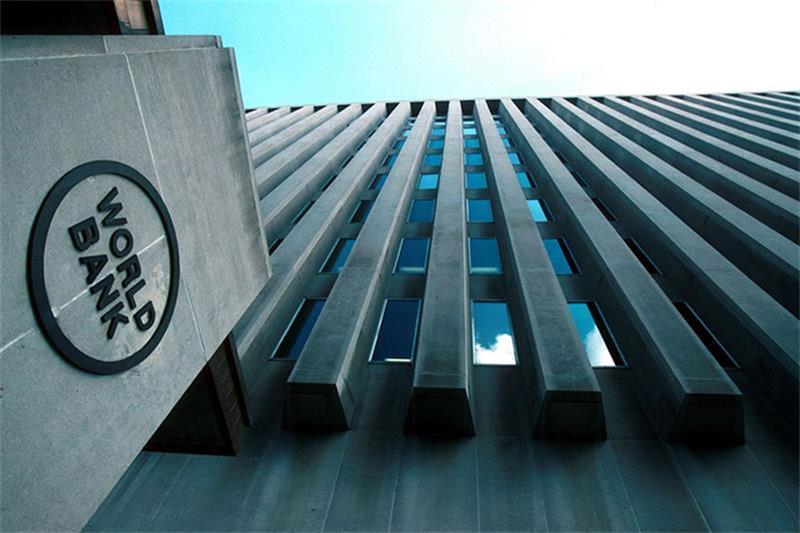
File photo of the World Bank - Reuters
The report named Egypt among eight economies in the region that scored 100 in that aspect.
The report attributed this improvement to the country’s enactment of reforms regarding entrepreneurship, including making access to credit easier and banning gender discrimination in financial services.
Meanwhile, the report highlighted Egypt’s reforms in the field of protecting women among six other countries out of 20 of the region’s economies, noting that Egypt enacted legislation protecting women from domestic violence and made access to credit easier for women by prohibiting gender-based discrimination in financial services.
On a regional level, the Middle East and North Africa (MENA) region recorded the lowest score in the World Bank’s Women, Business, and Law (WBL) 2022 Index with an average score of 53, which is marginally higher than the score recorded in the index during 2021, which was 51.5, according to the report.
The report also showed that the MENA region’s scores are the lowest in the workplace indicator with an average of 62.5, the mobility indicator with 60, the assets indicator with 43, and the marriage indicator at 36.
Globally, roughly 2.4 billion women of working age are not afforded equal economic opportunity and 178 countries maintain legal barriers that prevent their full economic participation, according to the report.
In 86 countries, women face some form of job restriction, and 95 countries do not guarantee equal pay for equal work.
At the same level, the report noted that the highest number of reforms were made in the parenthood, pay, and workplace indicators.
Accordingly, many reforms centred on protecting against sexual harassment in workplaces, prohibiting gender discrimination, increasing paid leave for new parents, and removing job restrictions for women were implemented.
However, the pay and parenthood indicators have the lowest average scores in the index, but they have increased in the 2021, rising 0.9 and 0.7 points, respectively, with average scores of 68.7 and 55.6.
“While progress has been made, the gap between men’s and women’s expected lifetime earnings globally is $172 trn — nearly two times the world’s annual GDP. As we move forward to achieve green, resilient, and inclusive development, governments need to accelerate the pace of legal reforms so that women can realise their full potential and benefit fully and equally,” said Mari Pangestu, the World Bank’s managing director of development policy and partnerships.
Short link: